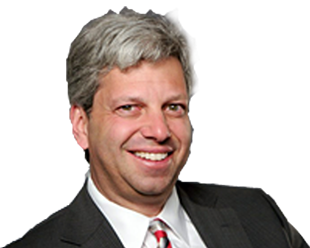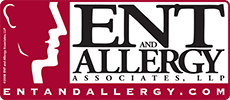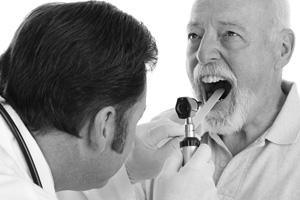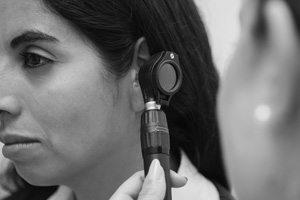View the complete list of conditions
Swallowing Disorder Problems
Difficulty swallowing is often more than just a lump in your throat. The medical term for the symptom is called dysphagia, and can be a symptom or a condition of its own. Dysphagia can occur in different phases of the swallowing process (the oral phase, pharyngeal phase, and esophageal phase). In order to successfully treat different types of swallowing disorders, a Midtown East ENT specialist will need to figure out where exactly the problem occurs in your swallowing process and what symptoms you experience. Undiagnosed swallowing disorder problems can lead to poor nutrition or a risk of aspiration, as well as psychological effects like a decreased enjoyment of your meals and embarrassment in social situations.
There are general symptoms for different types of swallowing disorders. Coughing during or after eating/drinking, wet noises, food getting stuck in your mouth, weight loss due to poor nutrition, or extra effort required to chew/swallow are typically indicative of swallowing disorder problems. If you experience these symptoms, a Midtown East ENT specialist will examine your medical history and give you a thorough examination. First, the doctor will look at how your muscles act while swallowing, focusing on their strength and movement. A doctor will also watch you eat a meal. They focus on your posture, behavior, and movements while eating.
Finally, there are two tests designed to help a doctor get to a diagnosis. A modified barium swallow requires the patient to eat something with barium in it so the swallowing process to be viewed on an X-ray while an endoscopic assessment uses a lighted scope to allow the process to be seen on screen. The diagnostic process is not uncomfortable for a patient and getting to the root of your swallowing disorder problems will help a Midtown East ENT specialist create a treatment plan that will best help you.
Treating swallowing disorders
In terms of treating swallowing disorders, there are a few different options. First, a specialist may recommend specific exercises to improve the muscle movements during the swallowing process. There are also positions and strategies designed to help you swallow easier and more effectively. Finally, specific food and liquids are a lot easier to swallow and a specialist may recommend these for your meals. Seeing a nutritionist can also help with this portion of your treatment.
If you are experiencing difficulties swallowing, don't chalk it up to an anomaly. Consult with a Midtown East ENT specialist to determine the root of the problem and figure out how to treat it effectively. The difference in your quality of life will be astounding and you'll be glad you took the time to see a doctor.
Conditions
Ears
Nose
- Ballon Sinusplasty Surgery
- Concha
- Deviated Septum Relief In NYC
- Deviated Septums
- Fixing a Deviated Septum
- Identifying A Deviated Septum
- How Do I Know if My Nose is Broken?
- Nasal Polyps
- Nasal Polyp Surgery
- Nasal Septums
- NYC Nasal Polyp Reduction
- Septoplasty And Turbinate Surgery
- Treating a Deviated Septum
- Treating Nasal Polyps
- Turbinate Reduction
Throat
- Dysphagia
- Leukoplakia Treatments
- Reflux Laryngitis
- Swallowing Disorders
- Treating Anosmia
- Vocal Disorders
Allergies & Asthma
- Dealing With Allergic Rhinitis
- Managing Allergies and Asthma
- How to Allergy-Proof Your Home from Indoor Allergens
Sinus
- Chronic Sinusitis Treatment
- Endoscopic Sinus Surgeries
- Sinus Headache Cure
- Sinus Infection Treatment
- Sinusitis Surgery
- Treating Sinus Infections
Sleep & Snoring
- Diagnosing Sleep Disorders
- Having Trouble Sleeping
- Home Sleep Studies
- Pillar Implants
- Pillar Treatment for Snoring
- Sleep Apnea Conditions
- Sleep Apnea Specialists
- Sleepless in NYC
- Sleep Study Diagnosis
- Can Snoring Cause Health Issues?
- Treating Sleep Apnea
- Treating Snoring
- What is a CPAP Device?





